[Editor’s note: The following guest post was originally featured in Tony Jaques’ Issue}Outcomes newsletter.]
Reputation crises can’t be foisted off on junior employees
It’s no secret that social media crises can shred reputation. So why do organisations keep giving interns and junior staff the keys to drive online activity?
A recent example was when the Virgin Australia corporate Twitter account sent an obscene message about Kanye West to its 240,000 followers. Naturally the post sparked national and international attention before it was taken down. Almost 24 hours later it emerged that a junior staff member at media company Carat had apparently accidentally posted to the wrong account.
Carat management apologised and said say they were “reviewing the appropriate disciplinary action.” But the obvious question is why a junior staffer had seemingly unsupervised authority over a major client’s brand.
Of course it’s not new. Think of the debacle during the Trump campaign when a poster for The Donald showed brave soldiers superimposed into a picture of the American Flag. Problem was they were in Nazi uniform and it turned out to be a stock photo of SS re-enactors. Trump blamed “a young intern.”
Or take the notorious case in 2014 when American Apparel posted a photo on Tumblr of the 1986 Challenger space shuttle explosion to suggest a Fourth of July fireworks display. The company apologised and blamed “one of our international social media employees who was born after the tragedy and was unaware of the event.”
There surely is no shortage of such social media gaffes and ensuing reputational damage. Let’s not forget the homophobic Tweet by an employee of Vodafone UK; or the obscene Tweet by an agency employee on the Chrysler Autos Twitter feed; or the unfortunate young person at US Airways who accidentally attached a very adult pornographic photo to a response to a customer complaint.
In the Chrysler case, both the employee and the agency were fired, but celebrities and brands cannot simply distance themselves from words and images posted in their name. And nor can those who are supposed to be in charge. While it’s all too common to blame some un-named junior staffer – and genuine mistakes do happen – the reality is that inexperienced people should not be in charge of social media.
You wouldn’t appoint a new customer service operator to address the news media on behalf of the organization. Yet posting a Tweet is equivalent to having a news conference with the world. Most organisations have a clear policy on who can speak on its behalf when it comes to the traditional media, and the training they need.
Exactly the same should apply to social media. There should be very clear policies about who can post online, and who approves all posts. And if it all goes pear-shaped, then it is very clearly a failure of either the right protocols or the right training. It’s convenient but totally unacceptable to simply ‘blame the intern.’ If your company doesn’t have proper processes in place, then you’re at risk of potential crisis, and you only have yourself to blame for any reputation damage.
In the flood of online comment following the recent Virgin Australia debacle, one netizen with the handle Kahla said it all: “It’s time business stopped leaving social responsibilities to juniors and interns. Full Stop.”
Tony Jaques manages Australian-based issue and crisis management consultancy Issue}Outcomes, and is the author of Issues and Crisis Management: Exploring Issues, Crises, Risk and Reputation, available on Amazon now.












